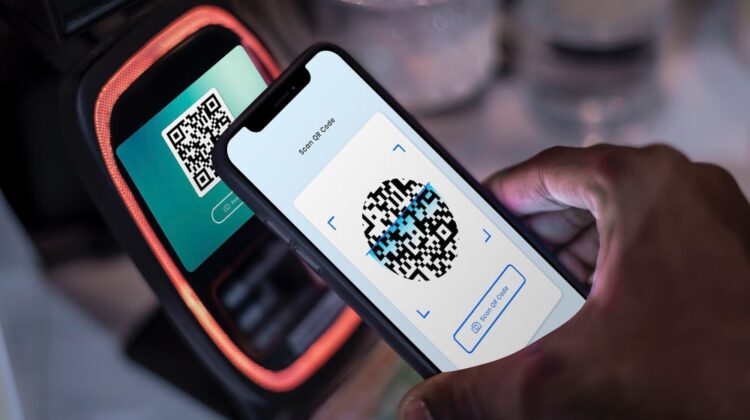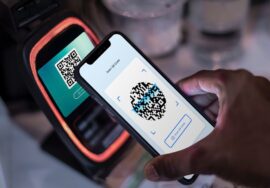
More Filipino prefer cashless payment than traditional method
During an interview, Jeff Navaro, the Visa Country Manager for the Philippines and Guam, highlighted the growing trend of Filipinos embracing cashless payments in 2022 due to the convenience and ease of use they offer.
Based on the findings of the Visa Consumer Payment Attitudes Study 2023, a significant majority of Filipino consumers, about 70%, now prefer using their e-wallet accounts rather than traditional cards to settle payments.
The study also disclosed that in 2022, 50% of consumers were carrying less physical cash, indicating a decreasing reliance on cash as a means of payment.
Navarro noted a noticeable momentum among Filipino consumers transitioning to cashless payments, with a reduced dependence on cash for transactions. This shift signifies an increased openness among Filipinos to adopt the available cashless payment options.
The Visa executive observed that approximately 80% of Filipino consumers attempted to go cashless last year, and this growth was observed across various age groups.
In addition to embracing digital payment solutions, the study revealed that Filipinos, even those who had never tried going cashless, displayed growing confidence in managing longer periods without cash. This adaptability showcases the willingness of Filipinos to embrace the new digital economy, which is becoming more accessible.
Visa has been actively promoting financial literacy through innovative initiatives in recent years, collaborating with key partners to achieve this goal. Examples include the development of educational “Lukot-Lukot Bilog-Bilog” live plays by Tanghalang Pilipino, which were later turned into online episodes in 2021. Another example is the pilot of financial education e-modules by Teach for the Philippines in select schools.
Alongside educational programs, Visa continues to invest in technology to enhance its network’s capabilities, offering a diverse range of products, services, and benefits to provide consumers with more opportunities to participate in the digital economy. Jeff highlighted several examples, such as Visa’s network facilitating person-to-person payments globally, enabling gig workers to receive near real-time payments, and facilitating seamless cross-border transactions for large corporate payments.
Visa’s transformation is driven by its commitment to breaking down barriers that hinder access to the future of digital commerce. Through its services and purpose-driven initiatives, Visa consistently aims to improve the lives of people worldwide. The company’s underlying purpose has evolved beyond the payment sector, touching the lives of individuals in meaningful ways.
“The foundation of it is that after decades servicing the global payments ecosystem as the leading payment network, we started to re-look at our underlying purpose and how we can bring that to life,” said Jeff. “Not just in the payment sector, but in a bigger overarching way that we touch the lives of people everywhere.”








